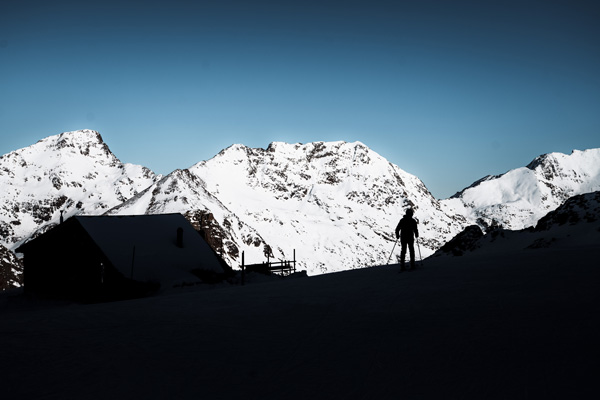
Fascinating facts you didn’t know about skiing
 When you embark on a skiing holiday and arrive in a mountain range famous for its connections to the sport, such as the skiing in Andorra in the Pyrenees, the aura and importance of snow skiing history is almost tangible. You can feel that you’re in a mystical place, a mountain range where people have been enjoying skiing for generations.
When you embark on a skiing holiday and arrive in a mountain range famous for its connections to the sport, such as the skiing in Andorra in the Pyrenees, the aura and importance of snow skiing history is almost tangible. You can feel that you’re in a mystical place, a mountain range where people have been enjoying skiing for generations.
But, how much do you truly know snow skiing history? For example, when was skiing invented? How old is the sport of skiing? What other snow skiing information is worth knowing? Below, we’ll answer some of these questions by listing and detailing five fun facts about snow skiing. So, let’s get started!
Skis are older than the wheel, while modern snow skiing history originates in Scandinavia
You probably want to know what are some facts about skiing history, so let’s start there and spool back to the origins of the practice. Historians believe that transport on ski-like objects can be traced all the way back to the most recent Ice Age in the Palaeolithic period, making it older than the wheel, while the oldest ski remnants that have ever been discovered date back to 6000 BC. These were discovered by archaeologist Grigoriy Burov in northern Russia.
As for more modern snow skiing history, the word “ski” comes from the old Norwegian word “skíð”, which translates to mean “piece of wood”. It was in Scandinavia that skiing as we know it today was developed, and where skiing was invented as a sport. The Norwegian army held some skiing skill competitions for fun in the 18th century, while it was Sweden that hosted the first recorded downhill skiing race, back in 1879.
The creator of Sherlock Holmes helped spread skiing across Europe
One of the most surprising facts about snow skiing is that one of the people who helped spread it across Europe was Sir Arthur Conan Doyle, who is better known for being the writer behind the character of Sherlock Holmes.
After seeing skiing up close during a trip to Norway, Sir Arthur Conan Doyle brought some skis with him to Switzerland and helped begin the spread of the sport throughout more southern parts of Europe. In that sense, he was key for helping to bring skiing to places like Andorra.
You might be able to ski faster than you can drive
Among the most interesting snow skiing information, we find the various skiing world records. There are various aspects of skiing that can be measured and one of them, logically, is speed. The Italian skier Simone Origone holds the world record for the fastest ski run, and he was clocked at 156.978 miles per hour, or 252.632 kilometres per hour.
Considering that most passenger cars are designed to reach top speeds of just 200 kilometres per hour, it is possible to ski faster than your average car. Of course, not everyone can get downhill quite as quickly as Origone, though.
The word “skiing” is an anomaly in the English language
It was mentioned above how skiing comes from the Norwegian language, but this word has been completely taken on in English and one of the most peculiar facts on skiing actually centres around the word itself.
And, that’s the fact that “skiing” is the only six-letter word in the English language that has the letter “i” back-to-back exactly in the middle of the word.
Skiing is scientifically proven to be healthy for you
The last of our snow skiing facts is a welcome one for anyone planning a holiday at a ski resort any time soon. That’s because the practice of skiing is scientifically proven to be healthy for you. One the one hand, it is a good workout and moderate downhill skiing can burn around 400 calories in an hour, while that number is even higher for uphill cross-country skiing.
Then, another of the cool facts on skiing is that it releases endorphins, a hormone that is linked with feelings of happiness and the reduction of pain or stress. So, if you ever wonder what is the best thing about skiing or what is so good about skiing, it might just be the fact that a day on the skiing slopes can make you scientifically happy!